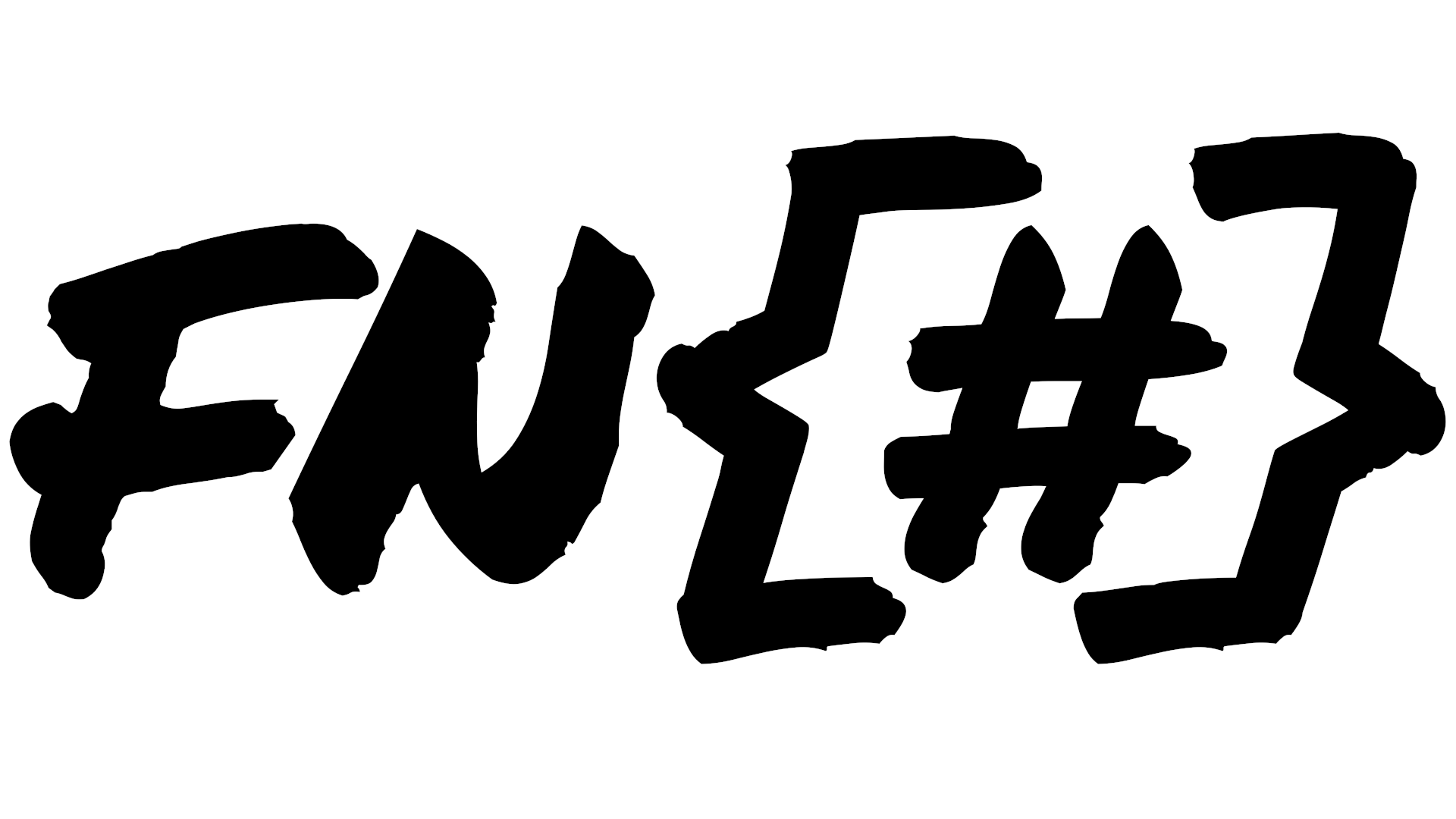
# BlockBox
A tool used to generate slack UI blocks using elixir defined functions.
## Example
The following Slack UI view

has the elixir structure shown below
```
[
%{"type" => "divider"},
%{
"block_id" => "summary",
"element" => %{"type" => "plain_text_input"},
"label" => %{"emoji" => true, "text" => "Summary", "type" => "plain_text"},
"type" => "input"
},
%{
"block_id" => "summ_context",
"elements" => [%{"text" => "Summarize", "type" => "mrkdwn"}],
"type" => "context"
},
%{
"block_id" => "description",
"element" => %{
"multiline" => true,
"placeholder" => %{
"emoji" => true,
"text" => "Write something",
"type" => "plain_text"
},
"type" => "plain_text_input"
},
"label" => %{
"emoji" => true,
"text" => "Description",
"type" => "plain_text"
},
"type" => "input"
},
%{
"block_id" => "desc_context",
"elements" => [%{"text" => "Describe", "type" => "mrkdwn"}],
"type" => "context"
},
%{
"block_id" => "priority",
"element" => %{
"options" => [
%{
"text" => %{"emoji" => true, "text" => "P1", "type" => "plain_text"},
"value" => "6"
},
%{
"text" => %{"emoji" => true, "text" => "P2", "type" => "plain_text"},
"value" => "7"
},
%{
"text" => %{"emoji" => true, "text" => "P3", "type" => "plain_text"},
"value" => "8"
},
%{
"text" => %{"emoji" => true, "text" => "P4", "type" => "plain_text"},
"value" => "9"
}
],
"placeholder" => %{
"emoji" => true,
"text" => "Select items",
"type" => "plain_text"
},
"type" => "static_select"
},
"label" => %{"emoji" => true, "text" => "Priority", "type" => "plain_text"},
"type" => "input"
},
%{
"block_id" => "labels",
"element" => %{
"multiline" => false,
"placeholder" => %{
"emoji" => true,
"text" => "thing1, thing2, ...",
"type" => "plain_text"
},
"type" => "plain_text_input"
},
"label" => %{"emoji" => true, "text" => "Labels", "type" => "plain_text"},
"type" => "input"
}
]
```
using BlockBox the structure can be simplified to
```
[
divider(),
input("Summary", %{"type" => "plain_text_input"}, "summary"),
context_actions([text_info("Summarize")], "summ_context",
elem_type: "context"
),
input("Description", plain_text_input("Write something", true), "description"),
context_actions([text_info("Describe")], "desc_context",
elem_type: "context"
),
input(
"Priority",
static_select(
"Select items",
Enum.map(1..4, fn x ->
generate_option("P" <> Integer.to_string(x), Integer.to_string(x + 5))
end)
),
"priority"
),
input("Labels", plain_text_input("thing1, thing2, ...", false), "labels")
]
```
## Motivation
### *Slack blocks are large*
- As seen above the view is about 3 times larger than the functional definition
### *Reusability*
- Repetition of blocks is reduced across code, the same functions are used and can be changed in a single place
### *Readability*
- It's easier to read functions with parameters instead of large scoped blocks
## Installation
If [available in Hex](https://hex.pm/docs/publish), the package can be installed
by adding `blockbox` to your list of dependencies in `mix.exs`:
```elixir
def deps do
[
{:blockbox, "~> 0.0.2"}
]
end
```
Documentation can be generated with [ExDoc](https://github.com/elixir-lang/ex_doc)
and published on [HexDocs](https://hexdocs.pm). Once published, the docs can
be found at [https://hexdocs.pm/blockbox](https://hexdocs.pm/blockbox).
